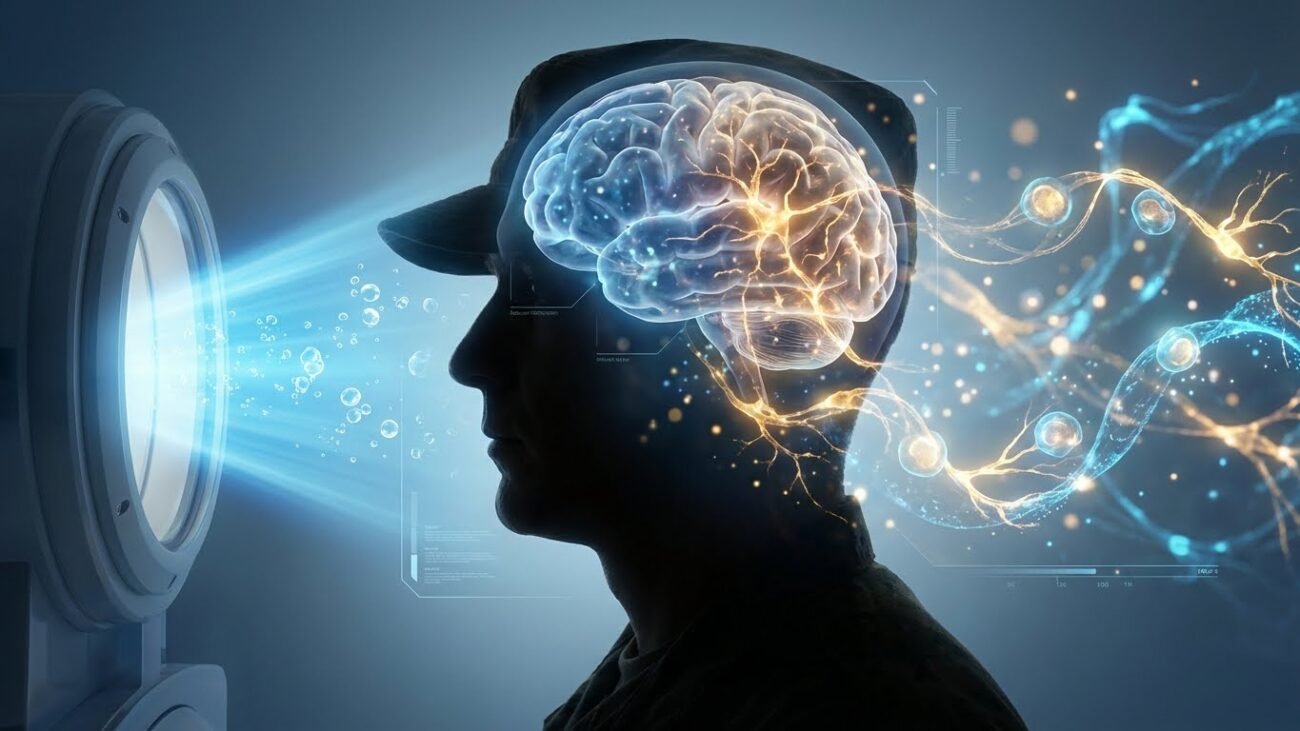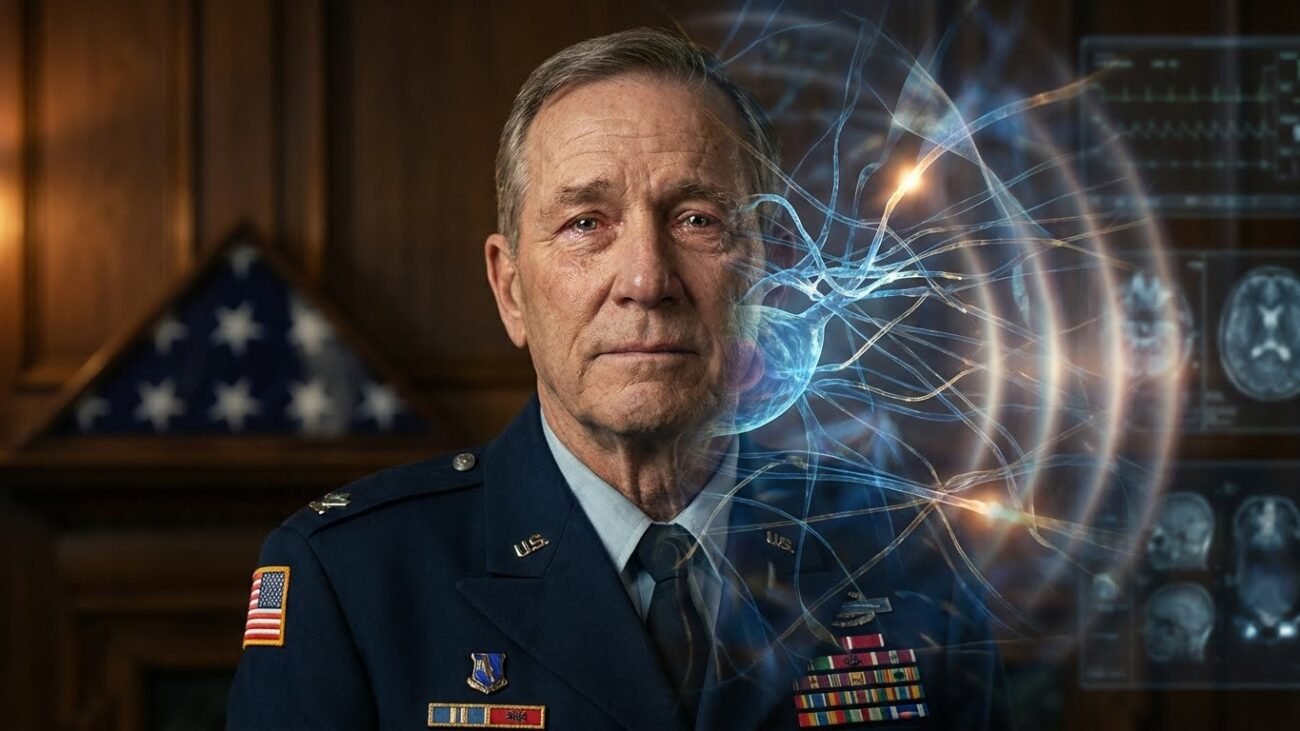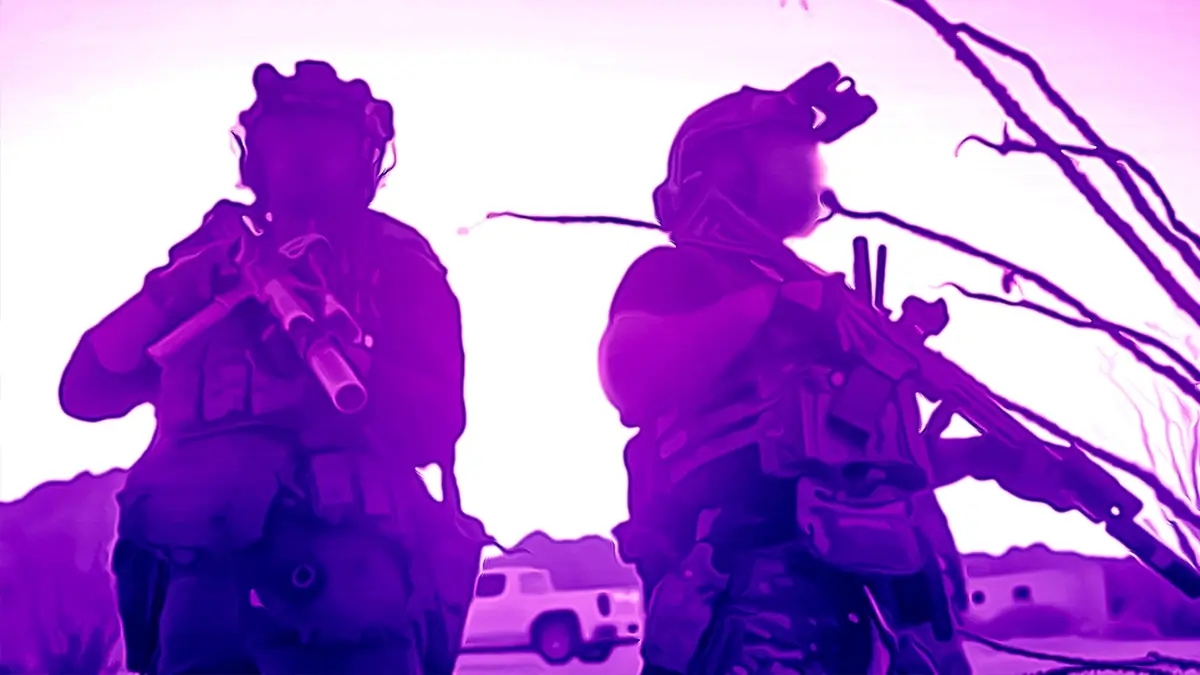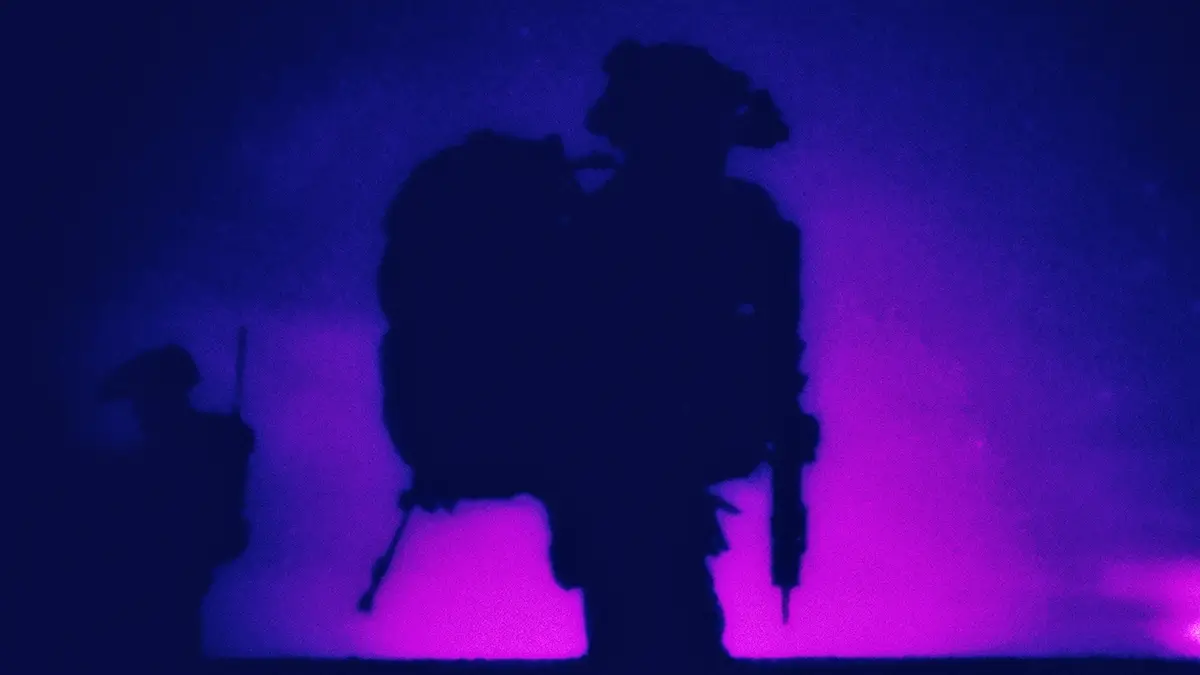Stem Cell Therapy for SOF Veterans: Healing Traumatic Brain Injury and Restoring Families

A Personal Mission with a Greater Purpose
As the CEO of Project R3con, and the spouse of a retired Green Beret, my commitment to the
Special Operations Forces (SOF) community is both professional and profoundly personal. I’ve
spent years working within this extraordinary, resilient community, supporting warriors and
families. I’ve seen firsthand what sacrifice looks like, not just on the battlefield, but also around
the dinner table, during sleepless nights, and in the quiet, invisible moments of struggle that
follow.
The truth is, traumatic brain injuries (TBIs) are taking a long-term toll on our SOF warriors, on
their bodies, their minds, and their families. TBIs are the signature wounds of modern warfare,
especially in post-9/11 conflict environments. SOF operators deploy more frequently, operate in
high-concussion environments, and often underreport injuries due to the culture of mission-first
endurance. The result? A warrior who looks physically capable on the outside, but is often
fighting an unseen war within, and so is their family.
If we can get better care and access to emerging therapies, like stem cell treatment, we have
the power not only to heal the operator, but also restore the family unit. That’s the heart of our
mission at Project R3con.
The Reality: TBI in the SOF Community
According to the Defense and Veterans Brain Injury Center, over 430,000 TBIs have been
diagnosed among U.S. service members since 2000, and over 80% of those are classified as
mild (mTBI) 1 .
But among SOF personnel, the burden is far more intense:
● In a 2022 study of 157 SOF personnel undergoing inpatient rehabilitation, mild TBI was
the most common diagnosis, often coupled with chronic pain, obstructive sleep apnea,
and depression, a clear indicator of multi-system impact 2 .
● SOF veterans with TBIs have significantly worse neurobehavioral outcomes and higher
PTSD severity scores than their conventional force peers 3 .
● Longitudinal tracking of SOF operators has revealed that repeated blast exposures,
even when sub-concussive, can result in measurable changes to brain structure,
increasing the risk of neurodegeneration and cognitive decline 4 .
Why Families Are Also Affected
TBIs are not isolated injuries. They are chronic, cumulative, and complex, and they ripple
through the household in ways that cannot be ignored. Memory issues, emotional detachment,
sleep disorders, and chronic pain are symptoms that compound over time. They influence
parenting, strain marriages, and make reintegration into civilian life harder than the deployments
might have felt.
That’s why Project R3con exists. We believe that regenerative medicine, specifically stem cell
therapy, offers one of the most promising frontiers in that mission.
Stem Cell Therapy
Emerging research in mesenchymal stem cell (MSC) therapy offers a hopeful, science-backed
intervention for TBI. MSCs, especially when derived from the umbilical cord, have demonstrated
the following therapeutic benefits:
● Reduction in neuroinflammation, a primary driver of chronic TBI symptoms 5
● Repair and regeneration of neural tissue and blood vessels in the brain 6
● Improved motor and cognitive function in both animal models and early human trials 7
A Phase I trial using SB623 (MSC-derived) cells resulted in statistically significant motor
function improvement after six months, again with no safety concerns 8 .
These studies are not speculative, they’re real evidence of what regenerative care can achieve.
The Impact
It’s about changing the trajectory of entire families. When we invest in the recovery of SOF
operators:
Spouses gain emotional reconnection and partnership.
We give children a more present, more emotionally regulated parent.
The likelihood of secondary trauma and generational PTSD are reduced.
Communities benefit from operators who reintegrate with purpose and peace.
And perhaps most urgently, we fight back against suicide.
Veterans are 1.5 times more likely to die by suicide than the general population, and that risk is
even higher for SOF veterans battling untreated TBI and mental health conditions 9 .
At Project R3con, This Is Our Why
At Project R3con, we are not just funding care, we are advancing a movement. One that
champions innovative treatment, long-term wellness, and the recognition that healing our
warriors heals their families.
If you are a donor, researcher, SOF family, or just someone who believes in the power of
second chances, we invite you to join us. Help us expand access. Help us invest in recovery.
Help us shape a future where the scars of service no longer define our heroes or limit their
families’ potential.
Together, we R3generate.
Together, we R3cover.
Together, we R3integrate.





